Anti Bullying Policy
![TPO LOGO [BLK] The People's Orchestra Avatar](https://thepeoplesorchestra.com/wp-content/uploads/2024/02/TPO-LOGO-BLK.png)
Our belief
Here at The People’s Orchestra we believe in upholding equally the dignity, agency and contribution of everyone in our community; staff, members, recipients and audience. We want to provide everyone involved with our organisation the opportunity to express themselves through music, upskill themselves through our programmes, engage in a welcoming community and feel supported by our services and staff. It is important to us that we stand with marginalised communities and enable people from all backgrounds to receive the best that The People’s Orchestra can offer. Collaborative music making and serving the community with our performances and programmes is at the heart of what we do, and we take our ethos seriously. We have a zero-tolerance policy on bullying of any kind. This policy is set out to clarify our beliefs, identifiable definitions of bullying, our stance on this issue, and the enforceable ramifications. This policy statement applies to anyone working on behalf of The People’s Orchestra, and those receiving our services, such as orchestra/choir members or audience members.
Definitions of bullying
Bullying includes a range of behaviour that is repeated, intended to hurt someone either physically or emotionally, and involves a power imbalance for the purpose of intimidation or displacement. (R.I.P definition) Bullying comes in several forms:
- Verbal bullying: The use of words and language to cause emotional distress, exclude, or make another feel threatened. This includes language to mock, embarrass or insult, or intended to undermine, gaslight or blame another unfairly. This also includes any discriminatory language such as slurs, homophobia, racism, ableism, transphobia, fatphobia, classism, and discrimination based on religion or background. Repeated language intended to harm, using issues such as mental health or inappropriate personal comments, also fall under verbal bullying.
- Physical bullying: The use of physical aggression, intimidation, and assault against another, and includes the repeated unwanted violation of another person’s body through hitting, touching, tripping, kicking, threats and other forms of physical harm. It may also extend to targeted theft, and pranks intended to harm physically or psychologically.
- Indirect bullying: Behaviour that covertly hurts, harms, or humiliates, including exclusion, spreading of rumours, and micro-aggressions. Indirect bullying is characterised by being more difficult to identify as it can be done anonymously and discreetly, but it is bullying and will be treated as such.
- Cyber bullying: The use of online spaces (such as SMS, instant messaging, e-mail, chat rooms, social networking sites or places where people can view, participate in, and share content) or digital devices (such as cell phones, computers, and tablets) to harass, threaten or intimidate. Cyber bullying includes threats, provocative insults, discriminatory language, doxxing, attempting to infect the victim’s computer with a virus, flooding an e-mail inbox with messages, sending, posting, or sharing negative, harmful, false, or mean content about someone, and sharing personal or private information about someone causing embarrassment or humiliation.
Roles and Responsibilities
- Audience Members, Choir and Orchestra Members and Volunteers: We expect that all those involved with our organisation, as members of our music groups, audience or volunteers, to hold themselves responsible for upholding the organisation’s values, reporting bullying, and refraining from participating in any bullying at all.
- Staff: All staff are expected to act as role models, take accusations of bullying seriously and enforce relevant policies. We have expectations that our staff keep up-to-date with anti-bullying protocols, and ensure the wellbeing of all involved in our organisation. Staff also have authority to escalate bullying accusations and report incidents to local authorities if needed.
- Leadership (e.g. CEO, trustee board): We expect leadership to enact any concerns and deal with reported incidents of bullying seriously and with appropriate timing. Any incidents will be escalated, reported to authorities if needed, and discussed at relevant points – this is the responsibility of leadership.
Statement of Procedures
Any reported incidents of bullying will be evaluated with corroborative reports of the incident from all present, and reviewed without bias. Warnings will be given if needed, and staff will enforce consequences at their discretion, including banning from events or removal from position. If found to be serious enough, incidents will be reported to local authorities by staff.
Music is for everyone, and incidents of bullying will be enacted upon with a zero-tolerance stance.




